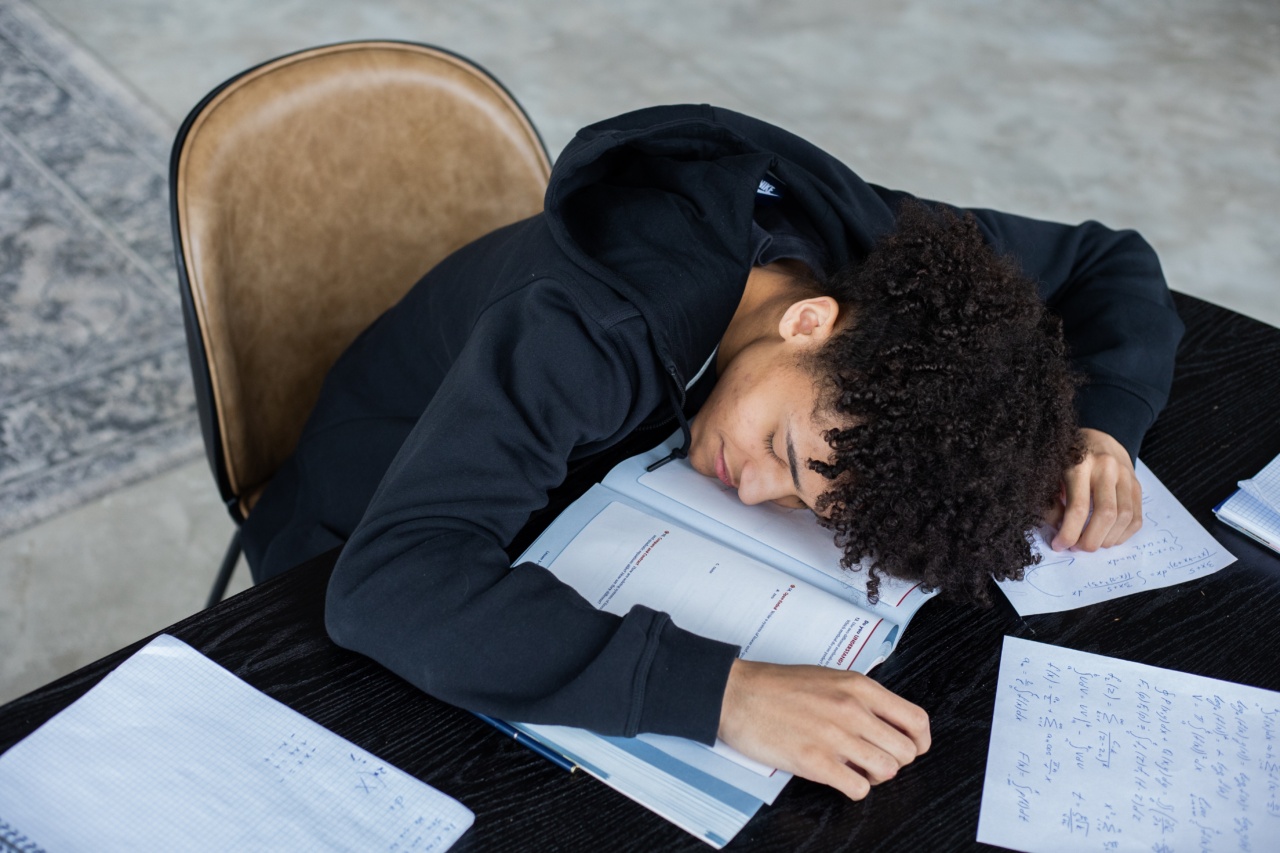When was the last time you had your eyes checked? If it’s been more than a year, it’s time to schedule an appointment with an eye doctor.
Regular eye exams are essential for maintaining healthy vision and detecting any potential problems early on.
What Happens During an Eye Exam?
An eye exam typically involves several different tests to evaluate your vision and check for any potential problems. These may include:.
1. Visual acuity test: This measures how well you can see letters or numbers from a distance.
2. Refraction test: This determines the proper lens prescription to correct any nearsightedness, farsightedness, or astigmatism.
3. Eye muscle test: This checks the movement and alignment of your eyes.
4. Glaucoma test: This measures the pressure inside your eyes to detect signs of glaucoma.
5. Retina exam: This checks the health of the back of your eye, including the retina and optic nerve.
The Importance of Regular Eye Exams
Regular eye exams are necessary for people of all ages, even if you haven’t noticed any problems with your vision. Here are a few reasons why:.
1. Early detection of eye diseases: Many eye conditions, such as glaucoma, macular degeneration, and cataracts, have no noticeable symptoms until the disease has progressed significantly.
Regular eye exams can help detect these conditions early on, when they’re more treatable.
2. Maintaining good vision: Regular eye exams can help ensure that you have the appropriate prescription for glasses or contact lenses, which can help you see more clearly and reduce eye strain or headaches.
3. Tracking changes over time: Regular eye exams can help your eye doctor track any changes in your vision or eye health over time and adjust your treatment plan accordingly.
Who Should Have Regular Eye Exams?
Everyone should have regular eye exams, but the frequency may vary depending on your age and any existing eye conditions. Here are some general guidelines:.
Children: Children should have their first eye exam at 6 months of age, followed by another exam at age 3 and again before starting kindergarten. After that, they should have eye exams every 1-2 years, depending on their eye health.
Adults: Adults without any existing eye conditions should have an eye exam at least once every 2 years. Adults with existing eye conditions or a family history of eye disease may need more frequent exams.
Elderly: Adults over the age of 65 should have annual eye exams to detect any age-related eye conditions, such as cataracts, glaucoma, or age-related macular degeneration.
Conclusion
Whether you wear glasses or contact lenses or have never had any problems with your vision, regular eye exams are important for maintaining healthy eyes and detecting any potential problems early on.
Don’t neglect your eye health – schedule your next eye exam today!.




























